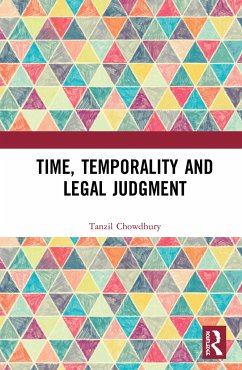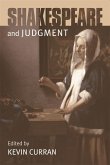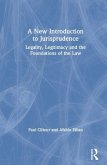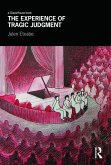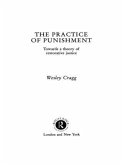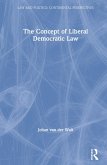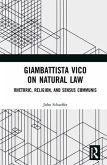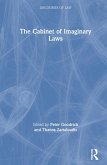This book challenges the correspondence theory of judicial fact construction- that legal rules resemble and subsume facts 'out there'- and instead provides an account of fact construction through legally-produced times- or adjudicative temporalities- that structure legal subject and event formation in legal judgment.
"In this theoretically rich, doctrinally grounded, and timely book, Chowdhury offers original and juridico-politically generative reflections on adjudication and its temporalities, legal facts, and legal subjectivity. Drawing from and substantially advancing critical legal and realist scepticism about the centrality of rules in adjudication, Chowdhury establishes the significance of different conceptions of time in judicial practice. This book will be indispensable to anyone thinking about how law shapes time and what are the stakes of legal temporalities."
Dr Ntina Tzouvala Senior Lecturer, ANU College of Law
"Tanzil Chowdhury shows in this rich and engaging book that legal facts are not just part of the mundane architecture of judicially determined cases, they are alive, active, temporalising and highly political. Dr Chowdhury's contribution to literatures on law and time is to break open the mechanisms of adjudication to greater scrutiny and refuse to allow us to turn away from the epistemological and political work they do. His argument not only challenges modern concepts of time as they are patterned through law and public life, it also deepens our understanding of judicial adjudication as means of both constituting and solving conflicts and problems."
Emily Grabham Professor of Law, University of Kent
"In Time, Temporality and Legal Judgement, Tanzil Chowdhury offers a compelling account of what he terms 'adjudicative temporalities.' Moving away from legal rules, he analyzes how judges create legal facts through particular temporalities. Building on and expanding the philosophical insights of Gadamer, Bergson, and Grosz, and grounding his analysis in the well-known case of Kiranjit Ahluwalia, Chowdhury offers an innovative and erudite account of the way judges determine legal events and legal subjectivities, and how their temporal impositions have a determining effect on legal responsibility. This is a must read for anyone interested in law, time, and jurisprudence."
Renisa Mawani Professor of Sociology, University of British Columbia
Dr Ntina Tzouvala Senior Lecturer, ANU College of Law
"Tanzil Chowdhury shows in this rich and engaging book that legal facts are not just part of the mundane architecture of judicially determined cases, they are alive, active, temporalising and highly political. Dr Chowdhury's contribution to literatures on law and time is to break open the mechanisms of adjudication to greater scrutiny and refuse to allow us to turn away from the epistemological and political work they do. His argument not only challenges modern concepts of time as they are patterned through law and public life, it also deepens our understanding of judicial adjudication as means of both constituting and solving conflicts and problems."
Emily Grabham Professor of Law, University of Kent
"In Time, Temporality and Legal Judgement, Tanzil Chowdhury offers a compelling account of what he terms 'adjudicative temporalities.' Moving away from legal rules, he analyzes how judges create legal facts through particular temporalities. Building on and expanding the philosophical insights of Gadamer, Bergson, and Grosz, and grounding his analysis in the well-known case of Kiranjit Ahluwalia, Chowdhury offers an innovative and erudite account of the way judges determine legal events and legal subjectivities, and how their temporal impositions have a determining effect on legal responsibility. This is a must read for anyone interested in law, time, and jurisprudence."
Renisa Mawani Professor of Sociology, University of British Columbia

